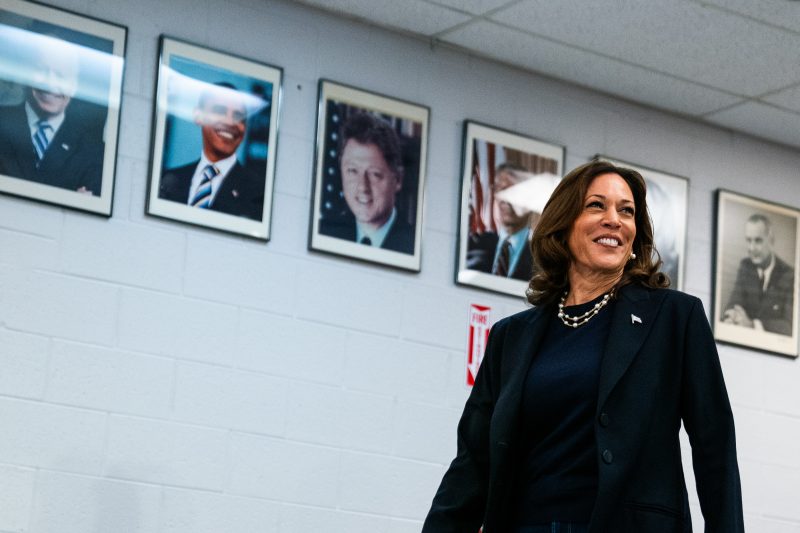In a historic race for the White House, Vice President Kamala Harris finds herself up against a familiar foe: sexism. As the highest-ranking woman in American history and the first woman of color to hold the position of vice president, Harris is no stranger to navigating the complex landscape of gender bias in politics. Throughout her career, she has faced scrutiny and criticism that often goes beyond her policies and performance, and delves into her personal life, appearance, and demeanor.
The intersection of gender and race presents a unique challenge for Harris as she strives to break down barriers and shatter glass ceilings. While her election symbolized a milestone in American history, it also highlighted the entrenched sexism that still permeates political discourse. From derogatory comments about her physical appearance to dismissive remarks questioning her competence, Harris has had to confront a barrage of gender-based attacks that seek to undermine her authority and diminish her accomplishments.
Despite the persistent sexism that she has encountered, Harris remains steadfast in her commitment to serving the American people and advocating for social change. Throughout her career as a prosecutor, attorney general, senator, and now vice president, she has championed causes such as criminal justice reform, racial equity, and women’s rights. Her unwavering dedication to public service and her resilience in the face of adversity serve as a beacon of hope for women and girls everywhere who aspire to leadership roles in government and beyond.
Harris’s candidacy embodies the ongoing struggle for gender equality in a society that continues to grapple with deep-seated biases and prejudices. By confronting and challenging the sexism that attempts to undermine her authority and credibility, Harris is not only fighting for her own right to leadership but also paving the way for future generations of women to enter the political arena without fear of discrimination or disparagement.
As Harris navigates the political landscape and seeks to make history as the first woman president of the United States, she does so with a clear understanding of the challenges that lie ahead. By confronting and transcending the sexist barriers that seek to diminish her achievements and derail her progress, Harris is not only reshaping the political landscape but also reshaping societal perceptions of gender and leadership.
In the end, Harris’s quest for a historic win is not just about breaking a glass ceiling; it is about dismantling the patriarchal structures that have long excluded women from positions of power and influence. As she continues to challenge the status quo and defy gender norms, Harris stands as a powerful symbol of resilience, determination, and hope for a more equitable and inclusive future.

